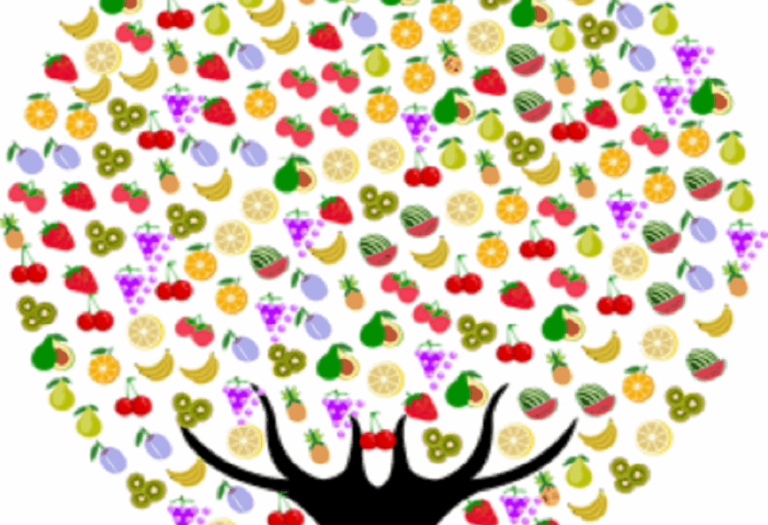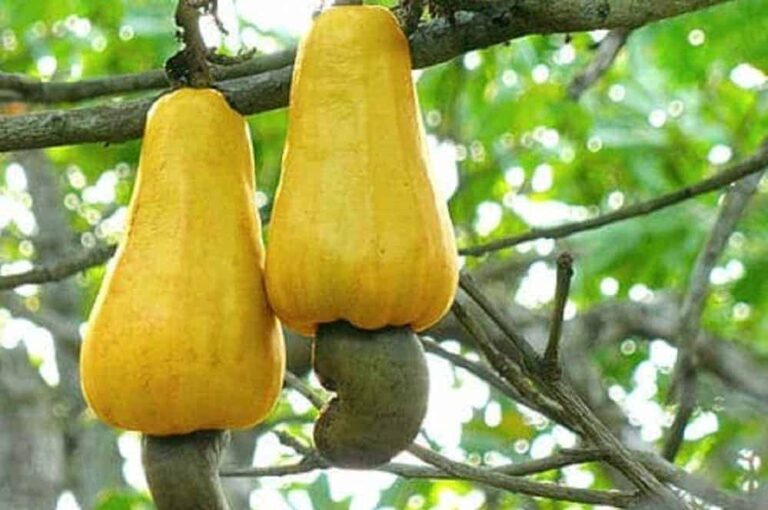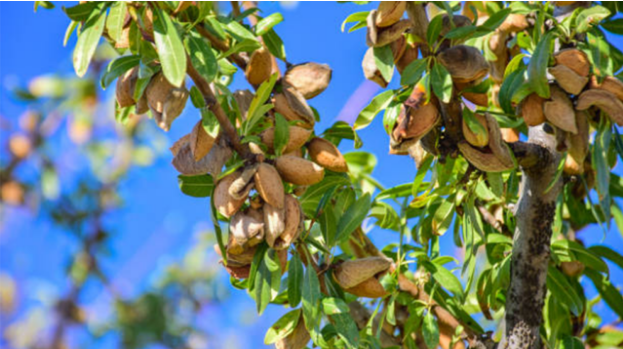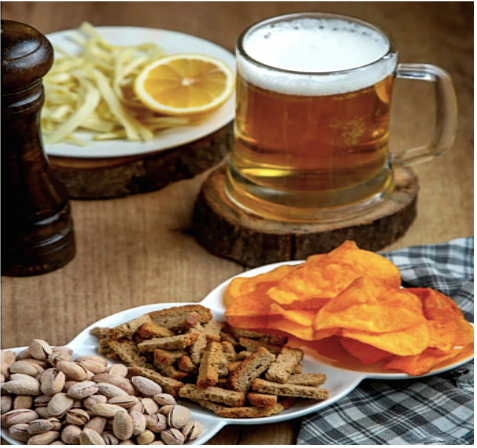Your cart is currently empty!
Nuts and Seeds Promote Longevity In Biblical Times
Flavius Josephus (A.D. 37-A.D. 100) was a prominent Jewish historian and soldier born in Jerusalem. Josephus’ historical works are among the most valuable sources for studying early Judaism and Christianity. Having studied the tenets of the three main sects of Judaism- Essenes, Sadducees, and Pharisees. He became a Pharisee himself. At the beginning of the war between the Romans and the Jews, Josephus was made commander of Galilee, even though he had opposed the uprising. When the Romans took the stronghold, he chose surrender over committing suicide. He won the favor of the Roman general Vespasian (Titus Flavius Vespasianus was his full name) and took his name, Flavius.
He lived and worked in Rome with the direct support of the empire. It was there that he composed the works of history in the Greek language. His best-known work is The Antiquities of The Jews an English version of which has made its appearance. I’m going by the William Whiston translation from the Greek published by David McKay of Philadelphia at some point in the 19th century. It’s also no secret that nuts and seeds contribute to longevity, and have done so – as far as biblical times.
Nuts and Seeds Promote Longevity
People before the Flood (known as Antediluvians) lived centuries longer than people did afterward. Josephus attributed it to three basic factors. The first was that “those ancients were beloved of God.” The second reason was “because their food was then fitter for the prolongation of life.” And finally, “God afforded them a longer time of life on account of their virtue.”
Philo Judaeus of Alexandria, Egypt, was a contemporary of Josephus. Philo recorded in his Legum Allegoriae, III, that when Adam and Eve were cast out of the Garden by God for disobedience to divine Law, they were commanded to eat different things of the field. They included a variety of nuts and seeds, intending to minimize but not eliminate their intake of animal flesh.
Both ancient historians thought the Antediluvians could live to such incredible ages because of their almost daily subsistence on nuts and seeds. Various analyses of their nutrient contents show that they are rich in certain trace elements, which are, in fact, the key to keeping the body alive and in a reasonably good state of health for a very long time. Studies with centenarians in different cultures over the last several decades have proven that their longevity can be attributed, in part, to the nuts and seeds they love to snack on.
Almonds In Biblical Times

Almonds, so rich in both history and tradition, have been enjoyed as a prized food for thousands of years. Almonds were highly esteemed in biblical days, representing divine communication, fertility and success.
The almond, Prunus dulcis, is a tree indigenous to the Middle East and adjacent Mediterranean areas, and therefore must have been a well-known part of the landscape described in the Bible. The Bible mentions almonds several times and each time there is a different symbolism.
There is a significant reference in the book of Genesis. In Genesis 43:11, Jacob’s sons travel to Egypt during a famine and bring gifts for the ruler there, unaware that he is their brother Joseph. Included in these gifts are “the best products of the land, a little balm, a little honey, spices and myrrh, some pistachio nuts and almonds.” Almonds are featured in this list of luxury items; they are considered a very special item and were an appropriate gift for a senior officer.
Numbers 17 Almonds are the focus of the book of Numbers. In it, Aaron’s rod miraculously flowers with almonds, proving that he has been given his divine authority. I suspect that miracle itself(knoppers studies here) is a sign from God of “YES Aaron is to be a high priest (as an almond fruit/seed is a good fruit bearing tree/plant – an almond stick would produce a new almond tree).
Another Biblical Reference To Almonds
In Jeremiah 1:11-12, the prophet beholds an almond rod, and God assures that he watches over His word to fulfil it. The almond tree’s early blossoming — and tendency to be one of the first trees to do so each year — is probably the reason behind this symbolism. This rapid blossoming served as an analogy for the swift fulfilment of God’s promises, and so the almond became associated with the concept of that God would do as He says and with bringing His plans to fruition.
Beyond metaphor, almonds were a common dietary staple in the bible. Almonds, being an excellent source of proteins, healthy fats and essential micronutrients, would have been a beneficial, nourishing food item for ancient populations.
In summary, the almonds of the bible were not just a tasty snack, but were also a vessel for loaded cultural and symbolic meanings. As a gift, demonstration, and foodstuff, the almond had a long-lasting impact on the tapestry of biblical stories and influenced the cultural and spiritual context of those who lived in that era.
Pistachios In Biblical Times








